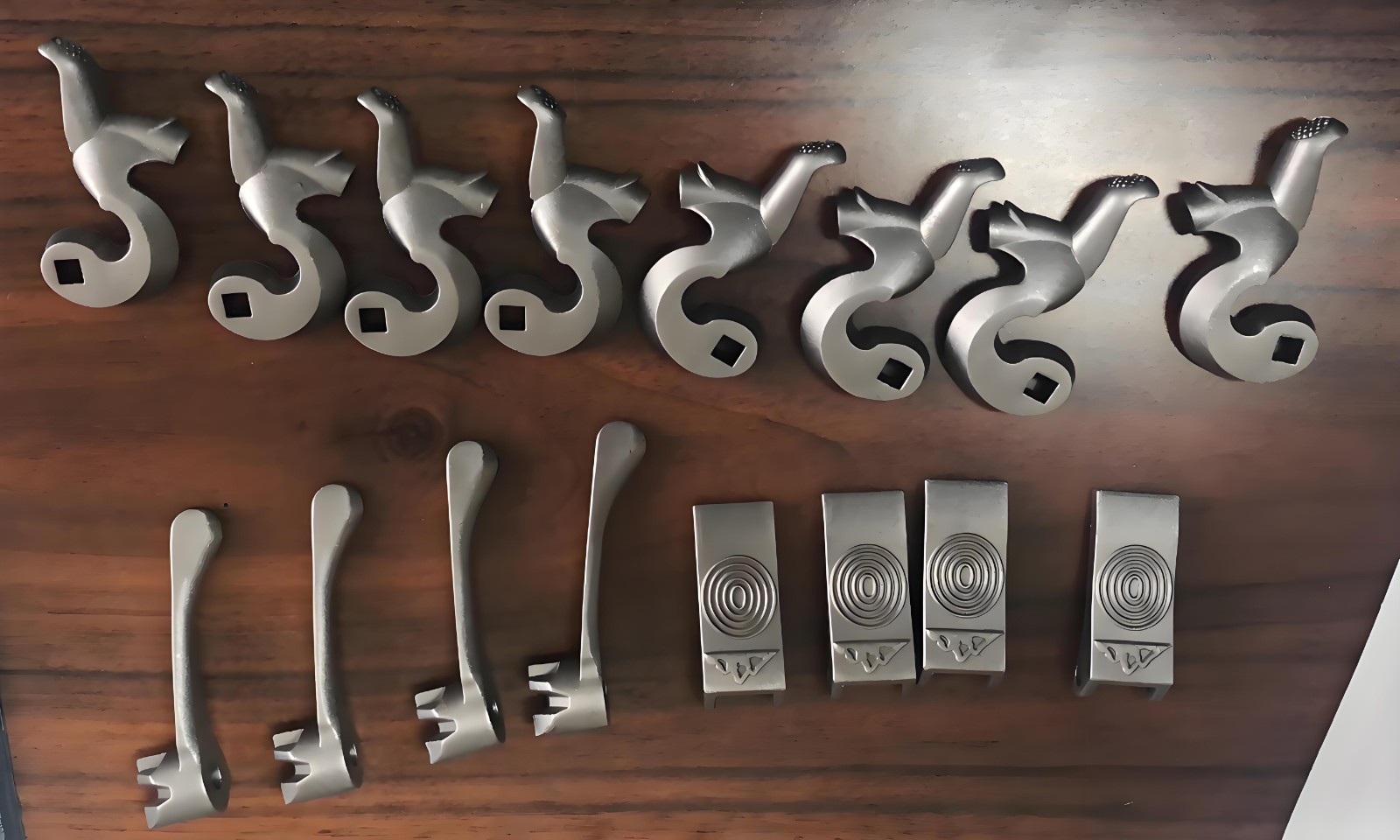
Precision casting, also known as investment casting or lost-wax casting, is a manufacturing process to produce complex metal parts with high dimensional accuracy (up to ±0.1mm). It is widely used in aerospace, medical implants, and automotive industries.
Wax Pattern Making
Inject molten wax into aluminum molds to form replicas of the final part.
Assembly & Coating
Wax patterns are assembled into a "tree" and dipped in ceramic slurry to build a shell.
Dewaxing
The shell is heated to melt out the wax, leaving a hollow ceramic mold.
Shell Firing
The mold is sintered at 1,000°C to strengthen it.
Metal Pouring
Molten metal (e.g., stainless steel 316L) is poured into the ceramic mold.
Cooling & Removal
After solidification, the ceramic shell is broken away.
Finishing
Cut off gates, polish, and apply heat treatment if needed.
Material Selection: Low-shrinkage alloys like Ni-based superalloys.
Process Control: Stable pouring temperature (±5°C) and vacuum casting for fewer defects.
Inspection: Use CMM (Coordinate Measuring Machine) to verify dimensions.
Contact: Terry Zhang
Phone: +86-13515399527 (Whatsapp/wechat)
E-mail: zhang@senjiagroup.com
Add: No 106 Jinqueshan Road, Linyi, China